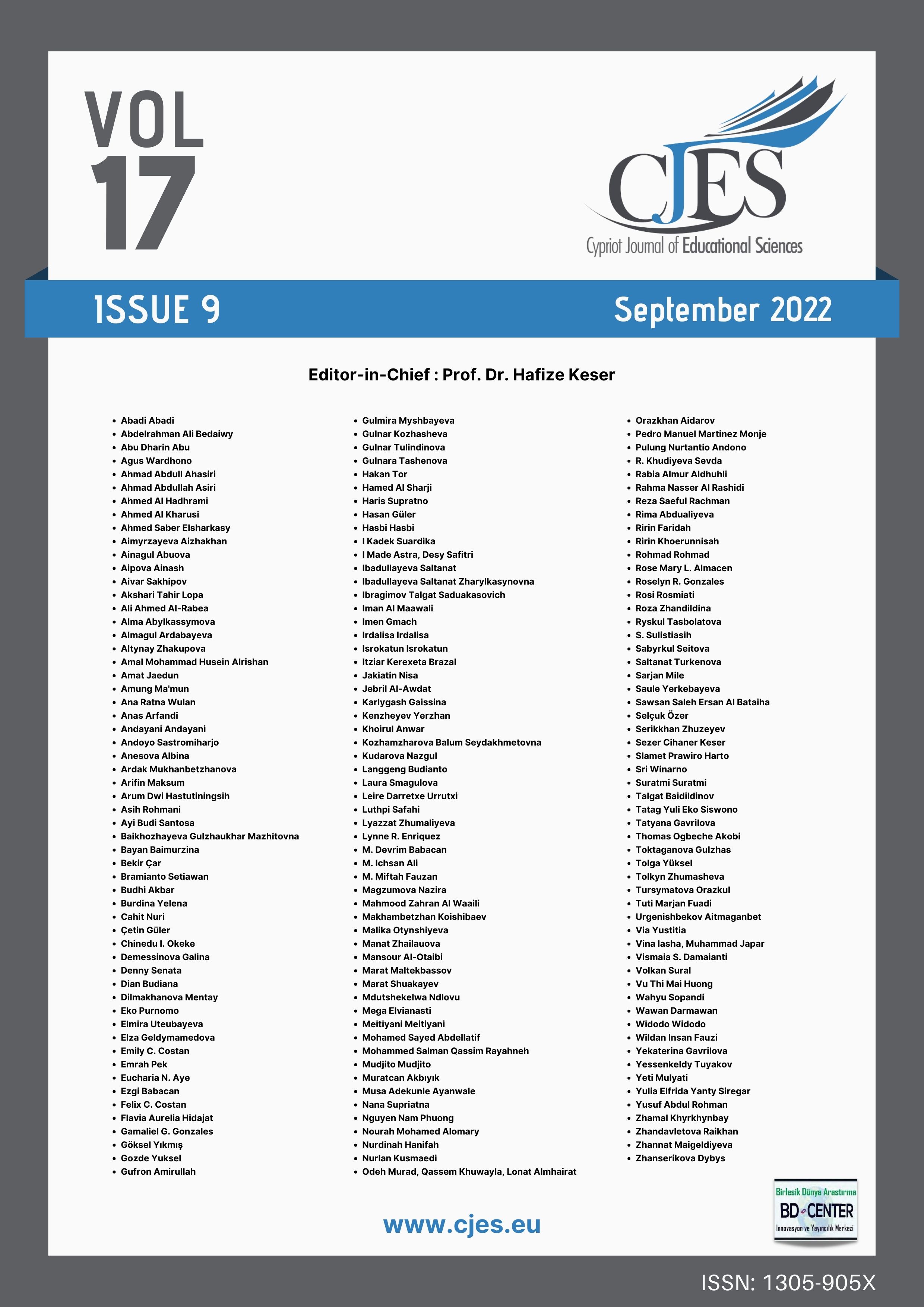Numeracy of prospective elementary school teachers with low self-efficacy: A case study
Main Article Content
Abstract
Numeracy can develop the self-capacity of prospective elementary school teachers in the 21st century. One of the factors that influence success in numeracy is self-efficacy. Those with low self-efficacy will often avoid tasks and quickly give up when encountering problems. This study aims to describe the numeracy of prospective elementary school teachers with low self-efficacy. This study was qualitative research with a case study. Samples were selected using the purposive sampling technique, in which they were students majoring in Elementary School Teacher Education with low self-efficacy. The employed research instruments were valid and reliable numeracy tests and self-efficacy questionnaires and interview guidelines. Qualitative data were collected through tests and interviews. Furthermore, the validity of the obtained data was examined by source triangulation, researchers’ persistence, and attendance extension. The collected data were then analySed using the interpretative method, consisting of data condensation, data presentation, data validity checking, and verification. The results show that the numeracy of prospective elementary school teachers with low self-efficacy had been in the stage of being able to identify problems according to context and present problems even though they still made conceptual errors, calculation, and had difficulty in re-communicating the solution to the numeracy problems in context.
Keywords: Elementary school teacher, numeracy, self-efficacy.
Downloads
Article Details

This work is licensed under a Creative Commons Attribution 4.0 International License.
Cypriot Journal of Educational Sciences is an Open Access Journal. The copyright holder is the author/s. Licensee Birlesik Dunya Yenilik Arastirma ve Yayincilik Merkezi, North Nicosia, Cyprus. All articles can be downloaded free of charge. Articles published in the Journal are Open-Access articles distributed under a CC-BY license [Attribution 4.0 International (CC BY 4.0)].
Birlesik Dunya Yenilik Arastirma ve Yayincilik Merkezi (BD-Center)is a gold open-access publisher. At the point of publication, all articles from our portfolio of journals are immediately and permanently accessible online free of charge. BD-Center articles are published under the CC-BY license [Attribution 4.0 International (CC BY 4.0)], which permits unrestricted use, distribution, and reproduction in any medium, provided the original authors and the source are credited.

